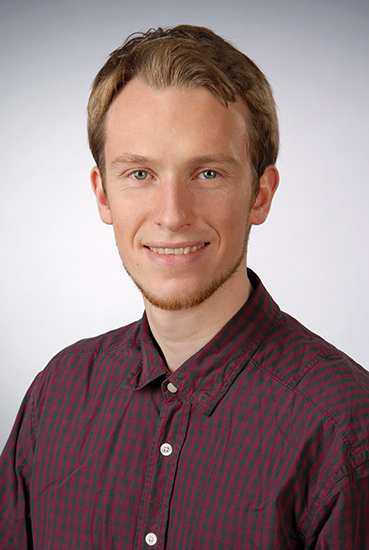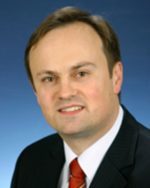A2: Degradation and corrosion at nanostructures and metal surfaces

Degradation and corrosion at nanostructures and metal surfaces
Liquid cell transmission electron microscopy (LCTEM) is a novel, highly attractive method for in situ studies of dynamic processes in nanoparticulate systems in their native liquid environment excluding drying effects. Innovative liquid cell architectures are developed and fabricated in the context of this project. The small investigated volume of fluid is confined between two electron transparent membranes to prevent vaporization in the ultra-high vacuum of an electron microscope. The liquid cells are used to study growth and degradation processes of nanomaterials to gain deeper insights into structure formation, stability and structure-property relationships.
Members
Birk Fritsch, M. Sc.
Chair of Electron Devices
Supervisor
Dr.-Ing. Dr.-Ing. Michael Jank
Chair of Electron Devices and Fraunhofer Institute for Integrated Systems and Device Technology IISB


